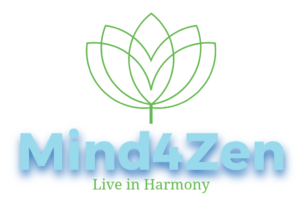Meditation is integral to contemporary wellness, transcending culture and demographics. Science supports its impact on mental and physical health.
At its core, meditation is about mindfulness and awareness — focusing on the present moment. Increased awareness fosters self-connection, reducing stress and anxiety. People report feeling better, in a happier mood, and better able to handle life’s challenges.
Physically, meditation affects how the body handles stress by lowering cortisol levels, which, in excess, harm health. It also strengthens the immune system, improving physical health and preventing disease.
Psychologically, meditation enhances cognitive functioning and clarity, increasing mental presence and focus. By observing their thoughts, people gain self-awareness, improving emotional control and relational skills.
Beginners should start with a few minutes daily, as even brief practice yields results. Techniques like mindfulness, loving-kindness, or guided meditation offer accessible entry points. Over time, increasing duration can amplify benefits.
Meditation is not just a trend but a method for a better life. Practicing meditation fosters awareness and self-compassion, leading to a healthier, more peaceful existence.

















